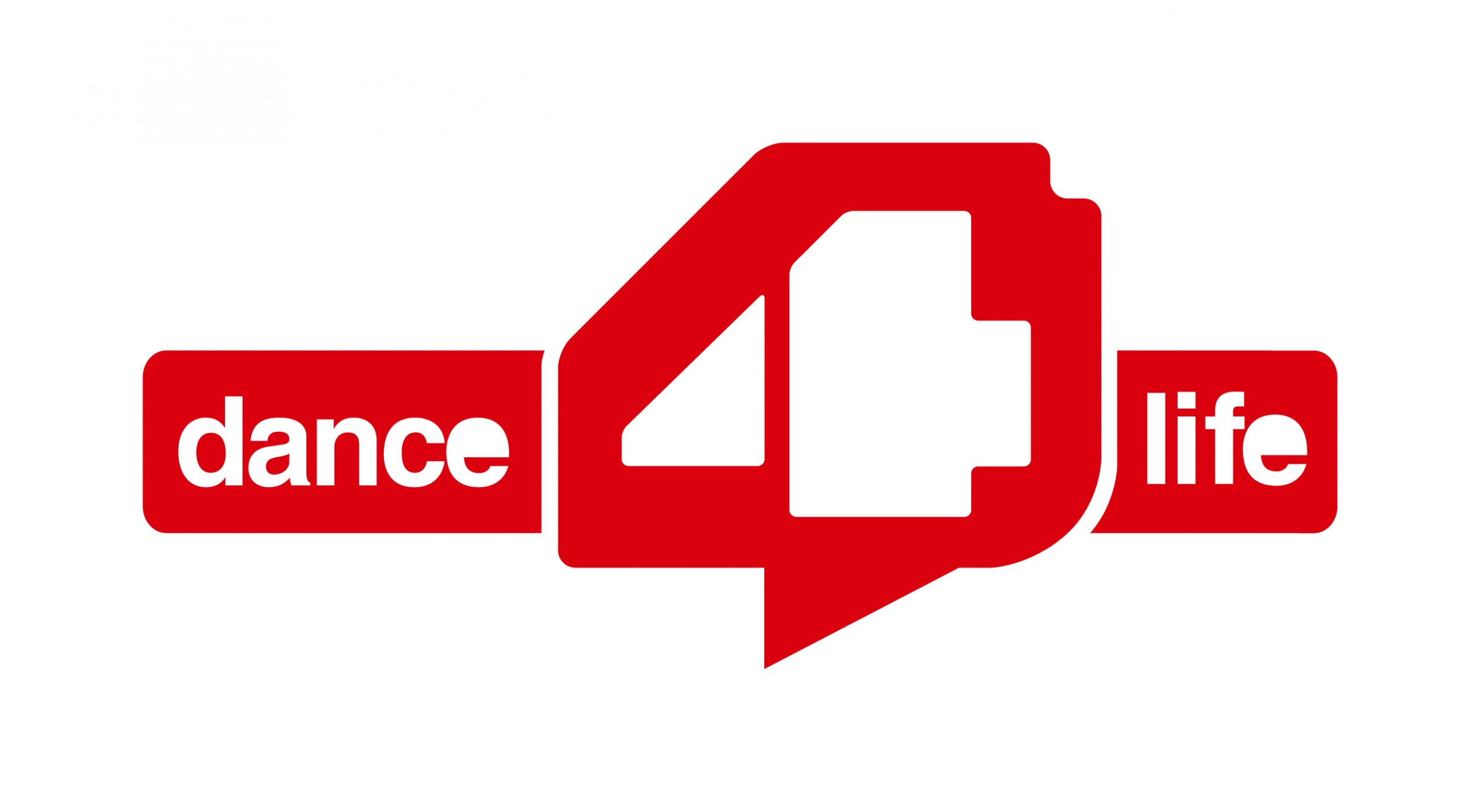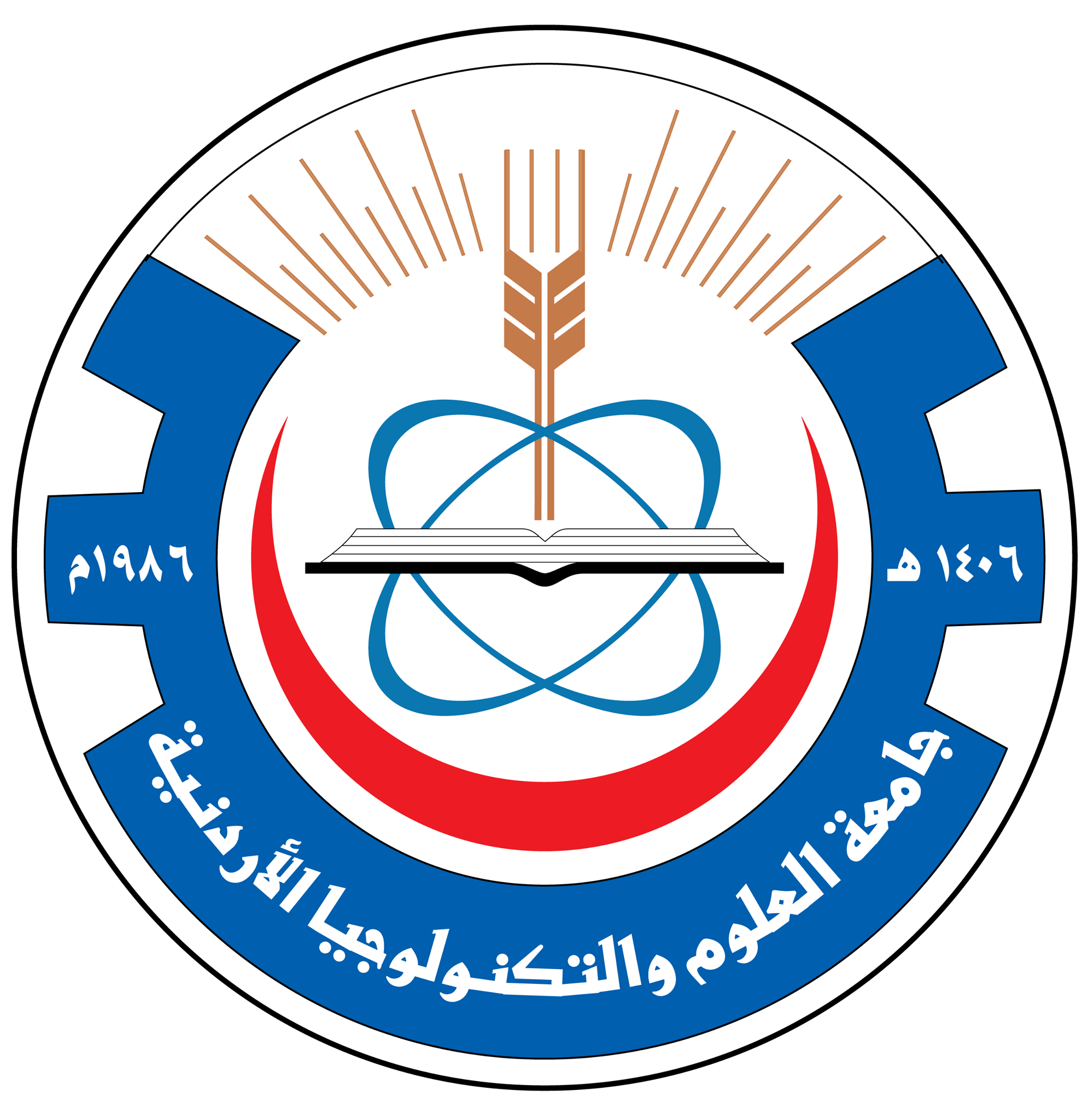School-based sexuality education in Tanzania
View knowledge productSchool-based sexuality education in Tanzania often does not meet learners’ needs. This paper reflects on the findings of a study that compared two secondary school-based sexuality education programmes: the Dance4Life sexuality education edutainment approach implemented by Restless Development, a non-governmental organisation (intervention), and an HIV prevention education approach implemented by the government (comparison), to understand into what extent a peer-led edutainment approach can be beneficial in increasing young people’s empowerment, as measured by knowledge, life skills and self-efficacy, ultimately contributing to improved sexual and reproductive health outcomes. Findings from an exploratory quantitative and qualitative study among secondary school students aged 1424 years from four intervention schools (n=96) and two comparison schools (n=49) indicate that a peer-led edutainment approach can increase students’ knowledge levels of HIV and AIDS and contraception and their life skills, such as the ability to solve problems and to make informed decisions, higher self-esteem and confidence. These findings support the growing body of literature that a peer-led edutainment approach and implementation fidelity can improve the effectiveness of school-based sexuality education in Tanzania.
Knowledge product details
-
Small Grants
-
2018
-
Tanzania
-
Sexuality education
-
Youth empowerment
-
Youth SRHR
-
Share-Net Netherlands
-
English
-
Research Report



